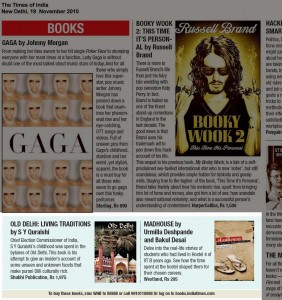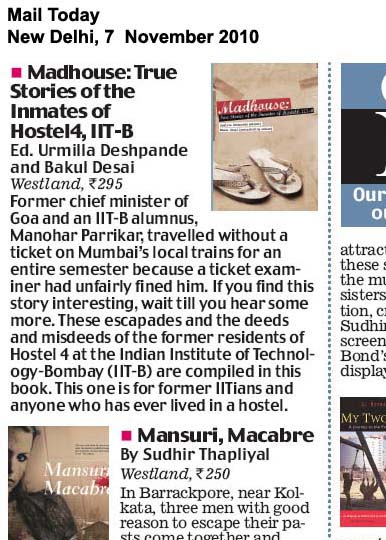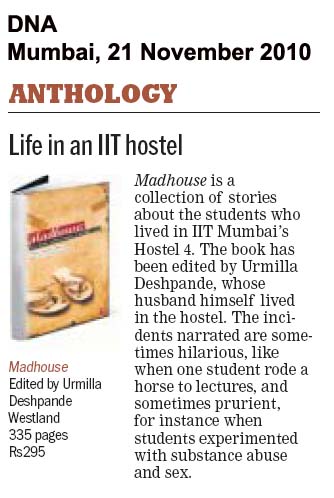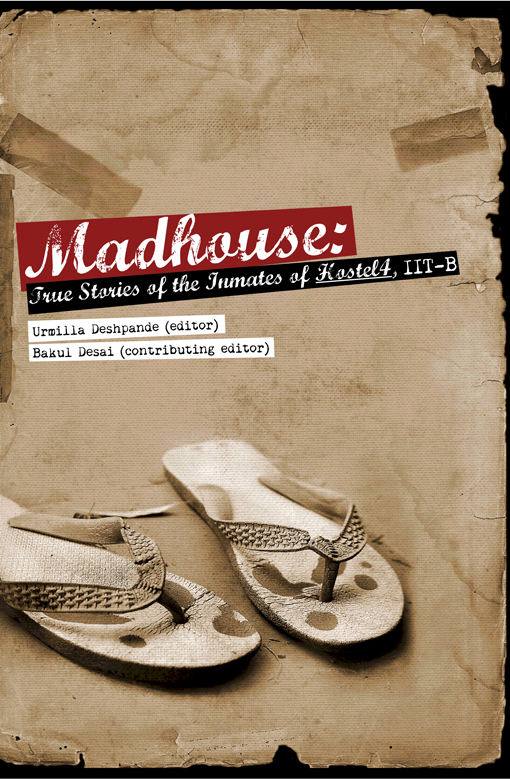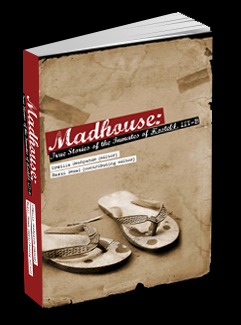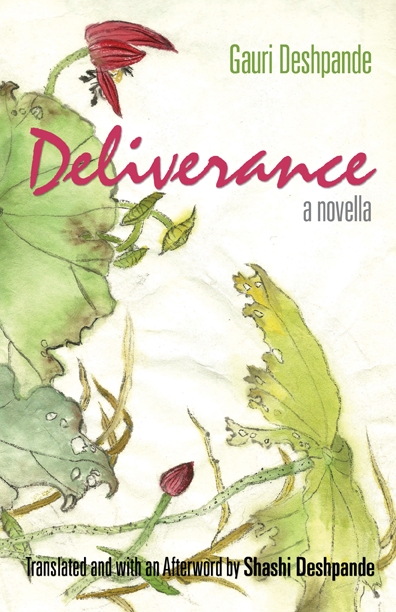
My younger son, age 14, is and has been an atheist as long as I can remember. Makes me wonder what this has to do with his upbringing. Both my children were brought up with choice. I was clear that I was an atheist. I never stopped them, and when an opportunity came up, encouraged them to participate, or explore, religious practices. The older one, who lived in India during early childhood, like me, went to Catholic schools. He had Catholic, Hindu and Muslim friends, went to church, temple and mosque with them, celebrated all the religious holidays with them. He seems to me agnostic, and more comfortable with Buddhist ideology – more behavior oriented than theistic. I remember with some amusement his despairing comment during what must have been an endless day at the Prado in Madrid, “I don’t want to see these dead and poked and tortured people anymore!” – I had spent a lot of time looking at various depictions of Saint George and the Dragon, the stations of the cross, and the crucification, and of course hell and purgatory.
The younger one enjoyed Christmas mass and Bar Mitzvah rituals, but with an air of puzzlement. He seemed to think this was some kind of game, similar to his Pokemon cards or Harry Potter, or now the vampire obsession. He is beginning to refine his arguments as he gets older. We live in a Christian part of the world, most, if not all his friends are brought up in an unquestioning faith. I hear him talking to his friends often, and there isn’t contempt or anger in his tone, but there is immense impatience. “Yes, yes, so the world didn’t just pop up, so god must have made it. How come god just popped up then? someone must have made him too?” He is regarded with mostly affectionate tolerance. But he’s getting slowly more aggressive.
The other day, on a long drive, we had a conversation. He told me, “god exists.” I was stunned into silence. I waited. “In Physics, ” he said, “some particles, phenomena, incidences – can’t be measured or seen. They are explained only by their effect on their surroundings. So… if you look at the evidence on earth – and it’s only on earth – churches, temples, holidays, violence, intolerance, power struggles, crusades, there’s your god. Or gods. They exist only in the human world. God didn’t make us, we made him- them. So of course he exists. People made him. Hobbits exist too, and Santa Claus – there is evidence all around for all those things.”
And this morning he re-wrote Bob Dylan’s lines. “People are stupid and times are dumb.” It’s this holiday season season. It drives him a little over the edge. Especially if he has to explain to a churchgoing friend where Jesus was born, and where on the map that is.


 What does Louisa Lim have in common with Biggis Dikkis? This question came to me as I listened to NPR while trying to finish an unfinished story. I am certain I will be pilloried for my meanness, but it broke me out of my appall.
What does Louisa Lim have in common with Biggis Dikkis? This question came to me as I listened to NPR while trying to finish an unfinished story. I am certain I will be pilloried for my meanness, but it broke me out of my appall.